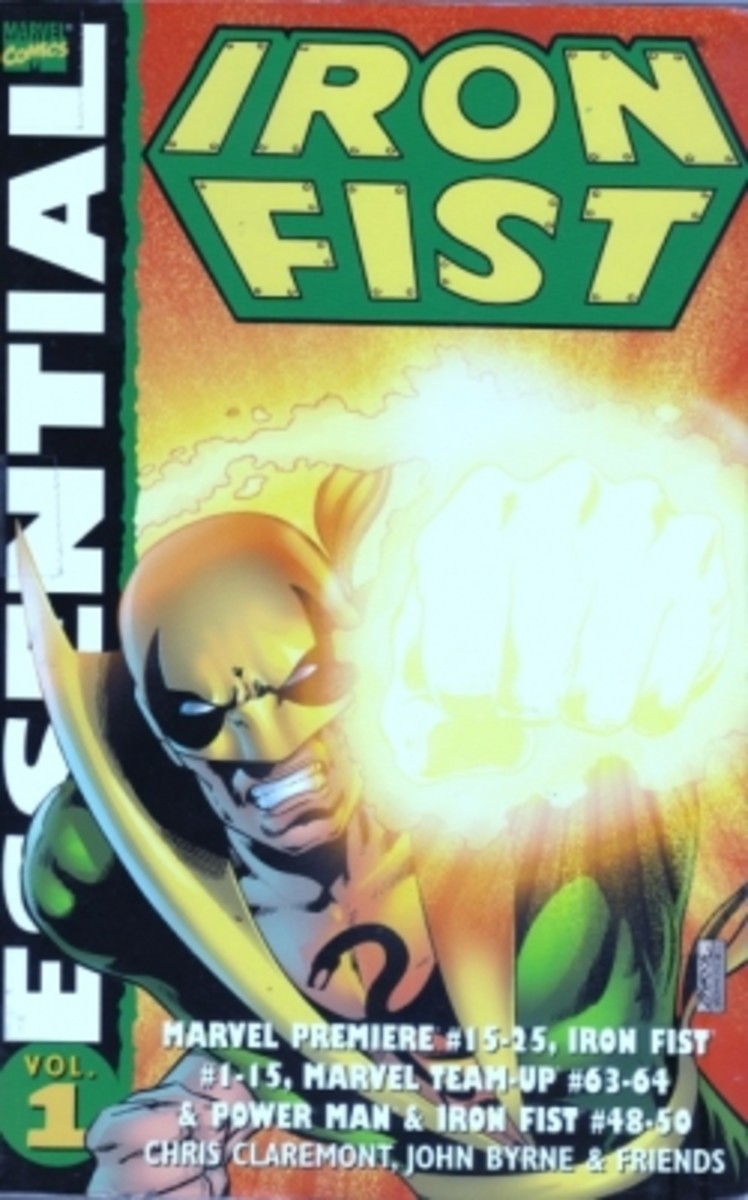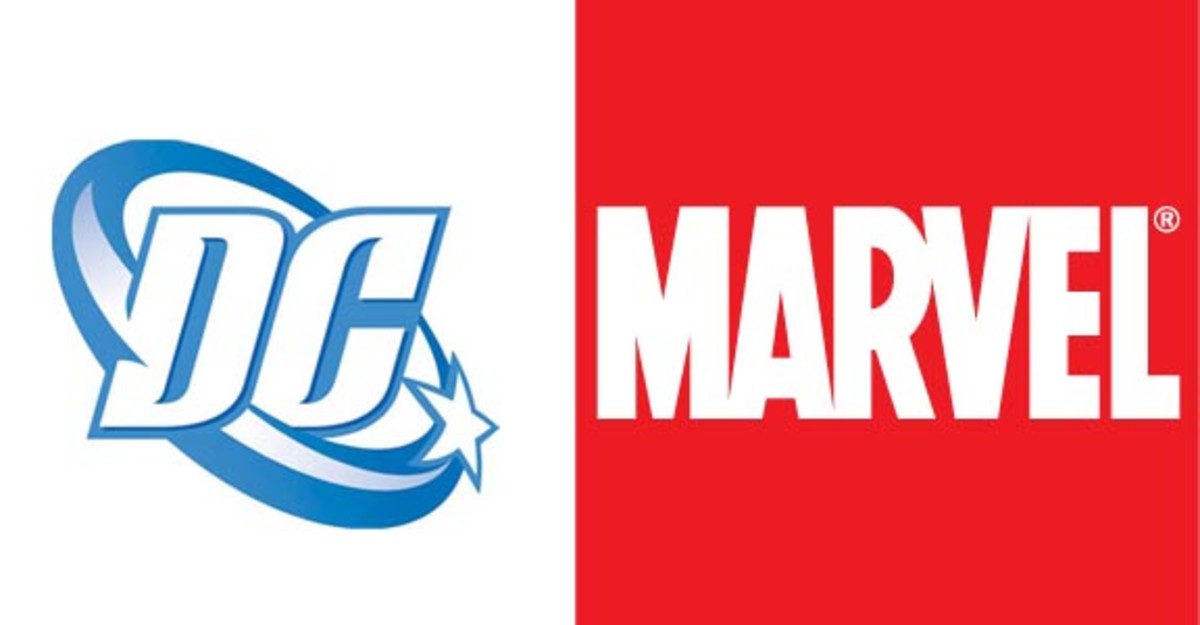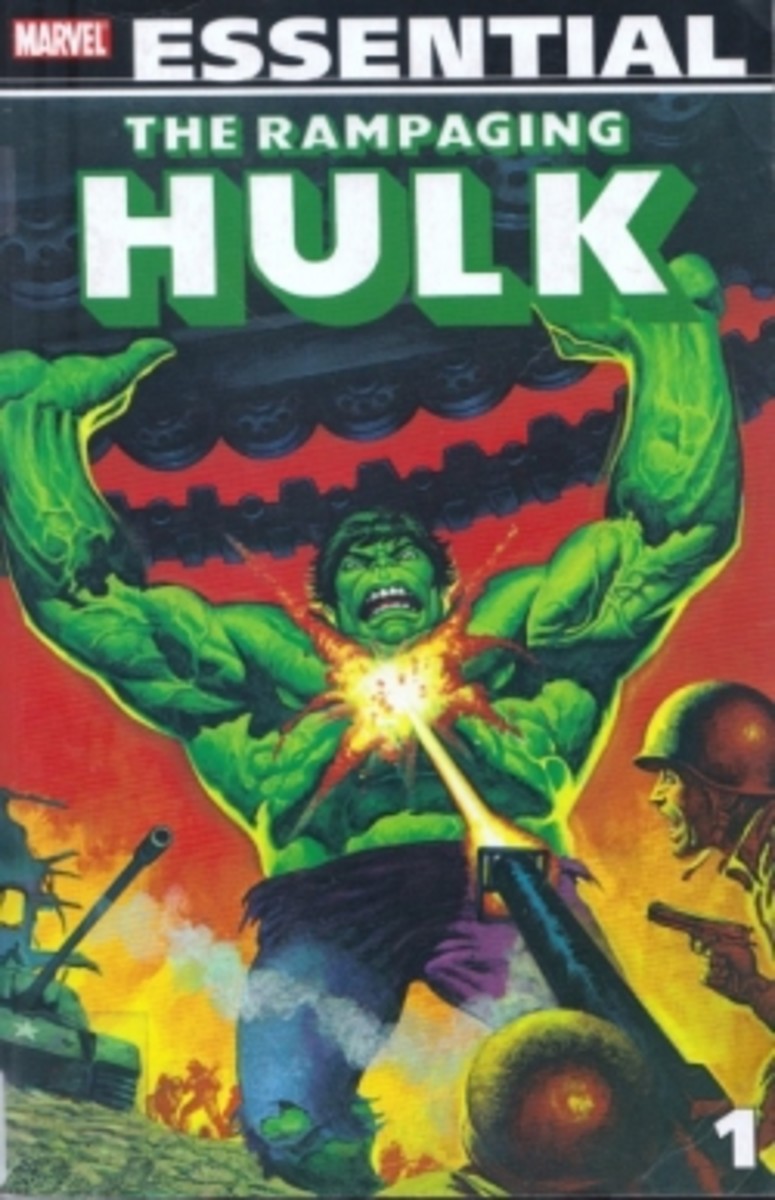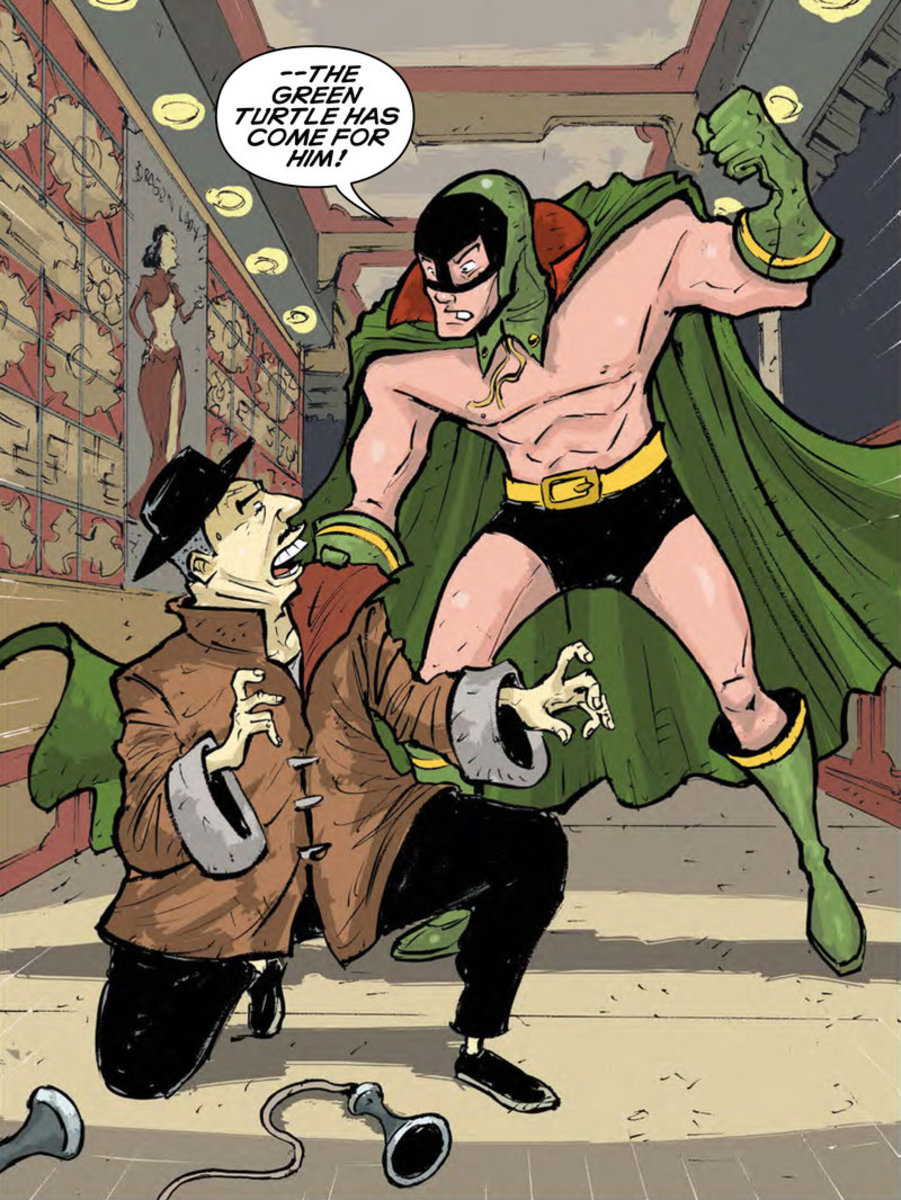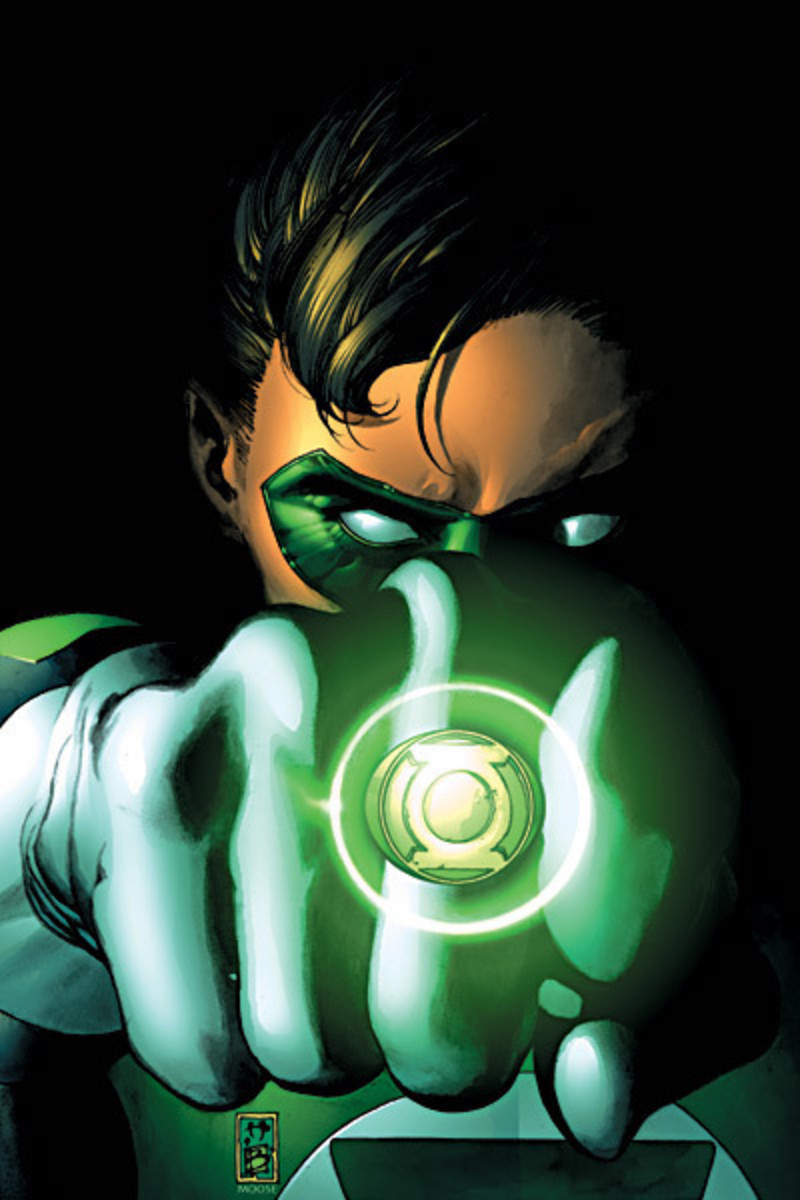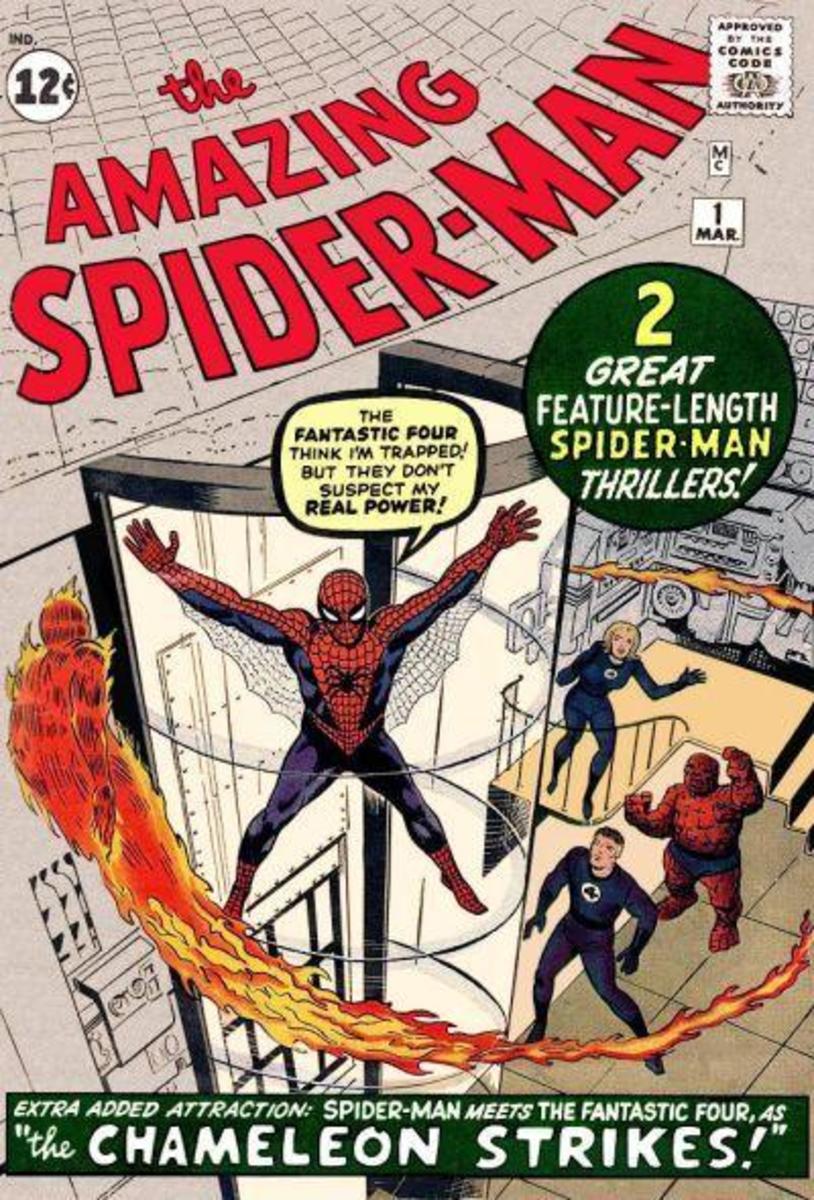Comic Book Collecting - An Addiction
The Beginning
As dumb as it sounds (and probably is), I often bought a comic book title (during the 90s) for the artwork. I sort of flipped through pages then bagged them. I was a complete sucker for painted covers -- whether mainstream or independent.
The Expense
Since I could turn to Dostoevsky if I really wanted to read something, I skimmed. A lot of my old favorites from the 60-70s had disappeared, but there was a lot of great new talent -- at least in the field of artistry. The cost of a single comic had inflated by 300%, so I had to pick and choose (as do we all) -- and even with an adult's salary, I tended to focus on the independent publishers. For a time, I was spending about $150 monthly just on comics. And this would not take into account the money I channeled into Ebay auctions. It was ridiculous. I paid out this amount (on average) for a number of years. I bought my stuff via "Previews," and sometimes a title never got produced. I dealt with a legitimate comic book store that kept good bookkeeping then transitioned to an Internet site that offered deeper discounts. All the same, my monthly expenditure was absurd.
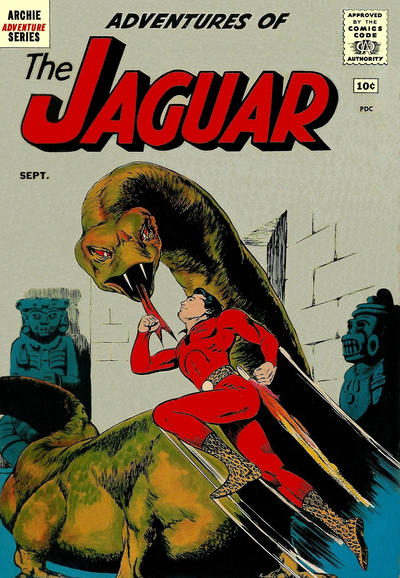
Reliving One's Childhood
I only ended up curtailing the addiction when I simply ran out of living space. I still have everything I bought in the 90s, boarded and bagged each book and placed everything into the smaller comic book storage boxes.
I once tried to catalog my collection -- complete with scanned images -- only to have a hard drive failure (which wasn't backed up) and lost about two years' worth of effort. I don't know how many comics I have, but I estimate the boxes to be about 250 or so.
I never meant to have such a crushing collection, but buying became routine, like any addiction.
My awareness of DC/Marvel only trickled through the huge lots I was buying from Ebay. I saw the publishers going through all sorts of spasms -- stuff that seemed really crappy to me.
When I saw a horse-headed Thor, I thought, thank God I'm not following this.
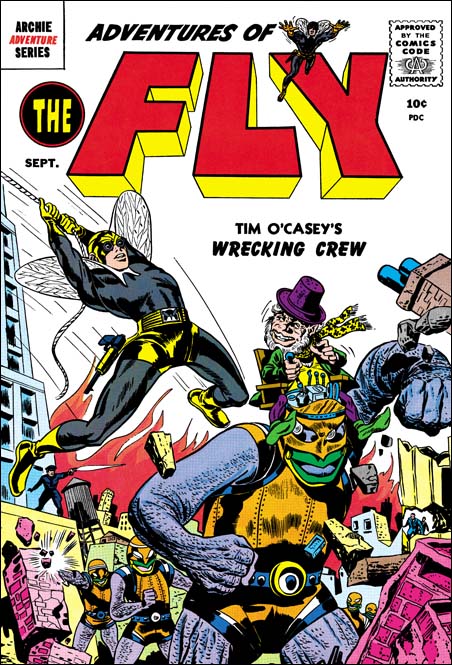
Early Buying
I started buying comics when they were still ten cents apiece. If your mom gave you a dollar a week allowance for doing chores, this ended up being four dollars you could throw toward comics. That would be something like 40 comics per month, but I also spent money on candy. Back in those days you could spend five cents and buy a Hershey bar or whatever. So, even when Marvel came on the field, I was still probably only buying twenty comics per month -- still a sizeable amount for an adolescent. I bought everything -- DC (of course), Marvel, and even spent some cash on mags like "Famous Monsters of Filmland" and junk like "The Jaguar" or "The Fly," which I think were produced under the same publisher as Archie comics. Even then I was attracted to covers and ended up buying Gold Key's "Robot Fighter."
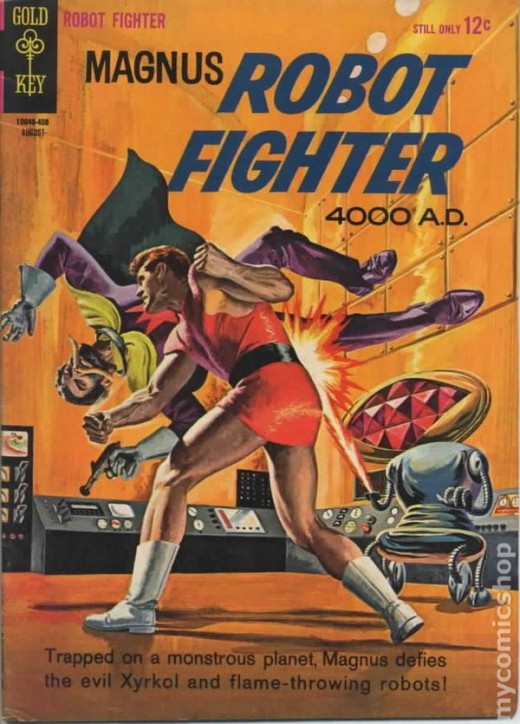
Today
Today, I don't buy anything. Having some 250 comic boxes to move around with me is a sufficient headache. Yes, if if I had the space/cash/time/motivation, I'd probably still be buying. I kind of shudder at the thought. But, I'd still probably skimp on DC/Marvel because they have both become tropes for TV soap operas like "General Hospital" or "The Young and the Restless." Anything that can occur within their respective universes, will occur at some point. I get enough spin by watching the animated flicks and the major motion pictures.

Both the limitation in living space and the cost of collecting finally turned me off. You can move around 20 boxes or even 50, but when the number goes over one hundred, you're facing a harsh reality. Just out of pure necessity, I had to give up my addiction. Half of my dining area in a townhouse in which I'm living is given over to this huge collection. You cannot store comics in a garage or other place where weather could cause any damage. The alternative would be to store the comic boxes in a storage facility with a controlled temperature, requiring a certain outlay of cash each month for the rental compartment. Since most of my stuff consists of independent comics collected during the 90s, this doesn't seem like a wise investment of cash.
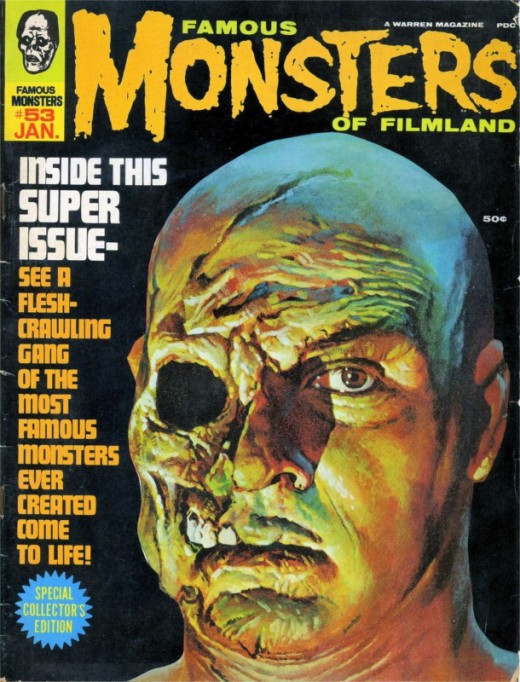
Then Came the Movies
In an odd way, Christopher Nolan (having done such a fine job with his Batman trilogy) caused DC/WB to think that the audience was more tuned in to a darker, more realistic presentation of the super-hero genre. DC/WB seems to have totally ignored its success in producing some fine animated films -- an edge it had over Marvel. The Nolan success led DC/WB to steer away from its successful Christopher Reeve films (the first two of which will always be held as classic) and caused them to pursue "Man of Steel," which I liked but wasn't a Nolan-like success for Superman. The toned-down look of Man of Steel was received with less enthusiasm (overall) than "Superman Returns" -- a kind of Christopher Reeve carry-on. I happen to like both films but the concept of Man of Steel is built around the success of Nolan's success dealing with Batman. What works for a successful Batman doesn't clearly translate into the success of your entire franchise.

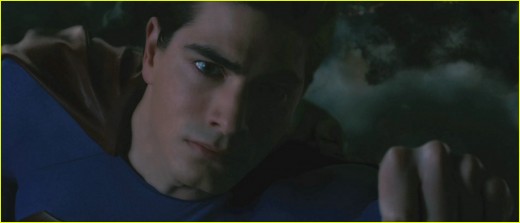
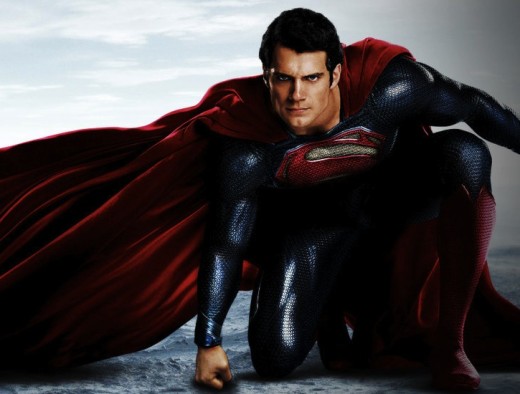
I looked at some clips on YouTube featuring George Reeves playing Superman -- paying special attention to the TV series once it became colorized. This transition from B&W to color was a big deal back in the day. And this is understandable. Though the series was aimed at 4 to 8-year old kids, the colorization made the series seem more like the comics. Colorization used to be a big plus. Comics were printed with vivid colorization as it helped capture/captivate its young audience. Color helped glorify superheros. But, that audience is pretty old now and they seem to want their heroes to age with them -- not just DC but Marvel as well.

One only has to look at the toned-down image of Captain America to realize that this trend is universal. Captain America's costume used to look like a grouping of feathers. He was a kind of personification of the American flag mixed with a bald eagle -- also American. Because of our global politics, it became necessary to tone-down Captain America. The American brand just doesn't cut it with foreign audiences upon which the studios rely upon heavily.
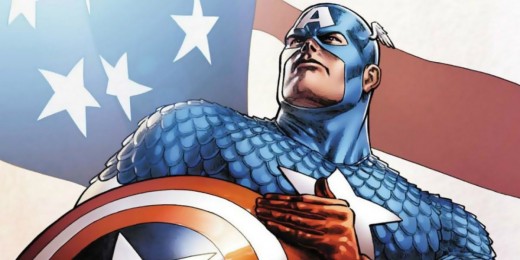
And so we shall have to accept that the Justice League of AMERICA will omit any reference to America and just become the Justice League.
In the same way we just have to accept that Superman's bright costume has gone dark. The underpants (once an outcropping of wrestlers who used to wear something like tights with the shorts on top) now seem buffoonish and out of place in today's world of realism.
Compare the star-spangled costume of Wonder Woman of TV to what we have today. Once upon a time even her bodice embraced the American eagle. None of that is going to fly anymore. The American brand has become anathema. The less you can play down an American icon, the better ... if you are looking for international receipts. And the studios are banking on how their products will play in countries like China or Russia -- neither of which hold the US in great esteem.
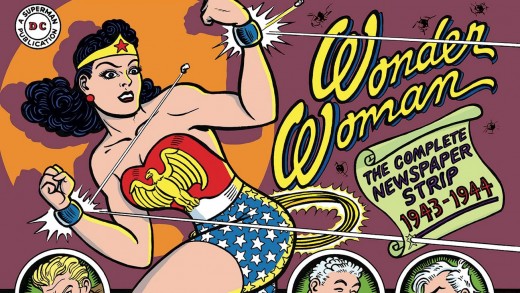
If Batman vs. Superman is regarded as a financial failure by DC/WB, we all lose. Superhero films can be and should be fun -- like the original comics. The fact that they became mainstream is due in large part to an aging Baby Boomer generation. The studios plot out projects until the end of the decade, and I don't know if I'll even be around to watch the outcome. I sometimes fear that removing Captain America's feathers or Wonder Woman's star-spangled shorts, the darkening of Superman's costume is not just an adjustment toward realism or to make the material more palatable to a foreign audience, but that it cumulatively spells out the end of my generation -- a generation that once solely supported the comic book publishing industry and thrilled to the TV "Adventures of Superman."
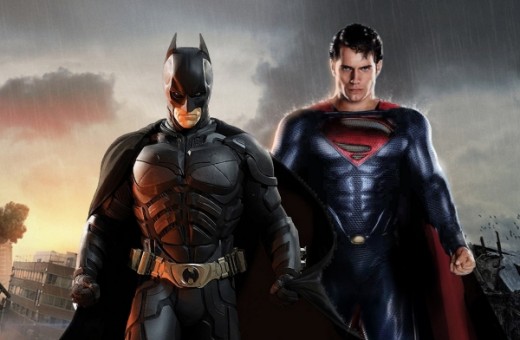
Those of us who ran around our backyards with capes have unrealistic expectations from cinema. On the one hand we want the same thrill as seeing "Superman the Movie" once produced, but we also want the same territory to be up-to-date realistic. It's a contradiction in terms. One might have a Nolan-like success with a specific character, but it's not formulaic. You can't simply lift the tenor and apply it to everything that comes after. Trying to make Superman into a brooding creature just to copy the Nolan-Batman success was a wrong turn.
Continuing in that direction runs contradictory to the essence of what made comic books endurable. The fact that my generation cannot see this simple dichotomy is like reading the writing on the wall. We want the snap comic books used to give us but we're too embarrassed to line up to watch a mere fantasy feature. When you start taking comic books seriously, you should also ponder what you want etched into your tombstone.
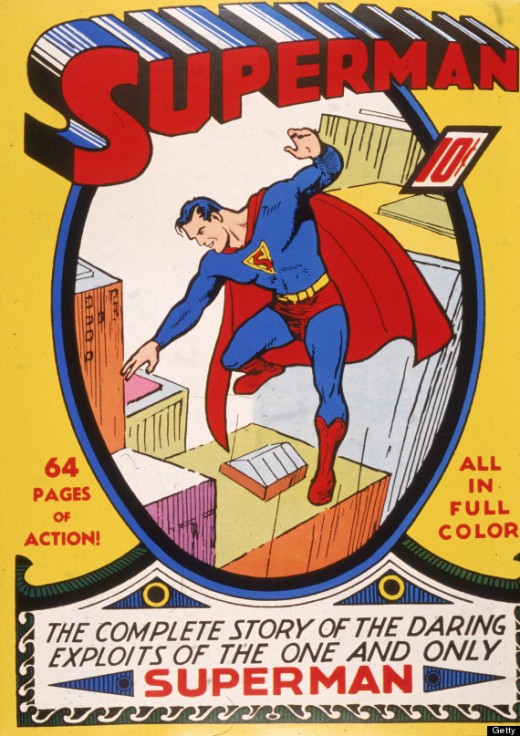
I suppose there were many like me back in the 60s who didn't intentionally start collecting comics. We certainly did not think they would be of any value above their ten or twelve cents. I think we amassed a number of comics simply because we didn't want to throw them away. They were fun and worth re-reading or just looking at the artwork, which was colorful and uplifting.
The movies, after Tim Burton, became pretty dark and heavy -- and was an offshoot of the success that Nolan had with his Batman trilogy. I guess all of that holds up but I'm not sure it's a formula for new comic book adventures. Marvel hasn't taken this route and seems to be putting DC/WB to shame. They may be taking their characters a bit too seriously, but they haven't de-colorized too many of their characters.
Comic books and comic book-based movies should be fun. If they get too serious, it takes all the joy out of the reading. Okay, fine, the kids of the early 60s are now old farts now and somehow expect their one-time comic book friends to also be serious, mainstream material. This is a big mistake. You cannot expect Shakespearean depth from a comic book character.

